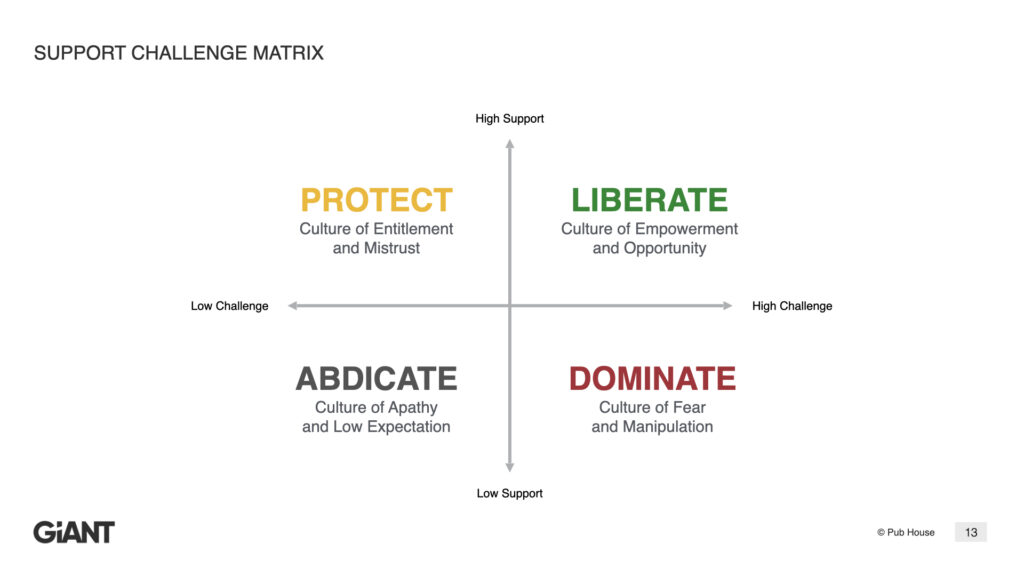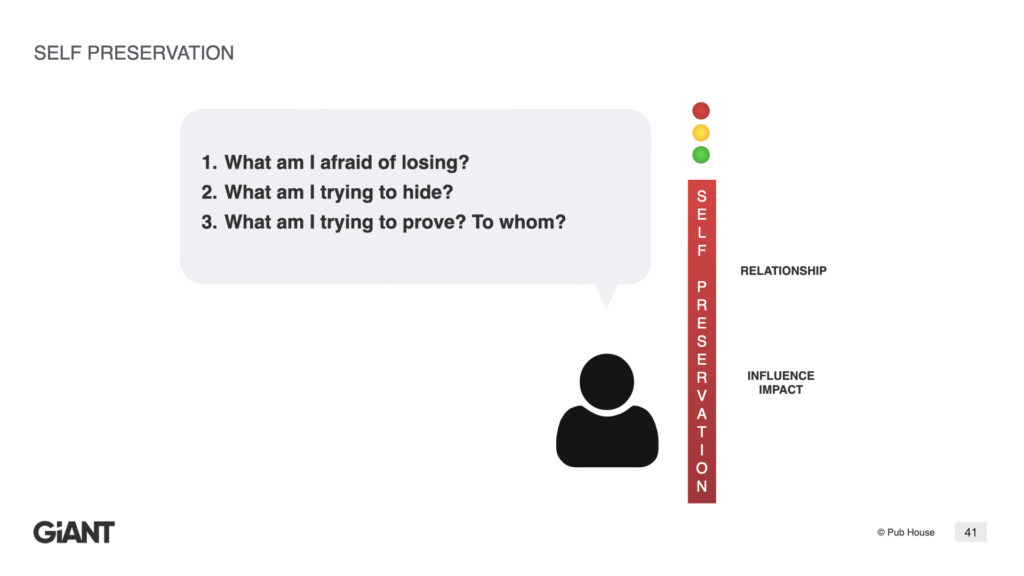Have you ever struggled or been reluctant to provide constructive feedback to a volunteer in your ministry for fear that they might quit or retaliate?
I think about this often because of how hard it can be to find someone willing to serve. As a result, we can find ourselves at times tolerating negative tendencies and behaviors far longer than is healthy for our ministry or the volunteer. When this happens, we might rationalize the behavior with grace thinking we can teach and model the ideal way to work with others. Or maybe the last time someone tried to provide constructive feedback, they forgot the difference between constructive and destructive, and we had to clean up a big people mess. Neither of these outcomes are good and can undermine our goal of pointing people to Jesus in a way that they would positively respond to Him.
It does not have to be this way, and I want to encourage and empower you to confidently lead anyone in your ministry. Let’s look at 3 passages and 3 tools that can transform the way we lead and serve with others.
Foundation of Healthy Leadership
Matthew 7:12 is a famous passage we affectionately refer to as the golden rule – So in everything, do to others what you would have them do to you, for this sums up the Law and the Prophets (NIV). Further, in Ephesians 4:15, Paul admonishes us to speak the truth in love so we will grow to become in every respect the mature body of Christ. While these passages are clear in what we should do to lead authentically with compassion and mutual respect, applying them in a meaningful way can be tricky because we are not always aware of or think about our tendencies.
Balancing Feedback
One helpful tool we use in our leadership development is the Support/Challenge Matrix.

Liberating Leadership is the standard we aim for both in work and in personal relationships. The Support/Challenge Matrix defines this standard and helps us make it a reality in our own lives. It requires us to bring high support and high challenge to those we lead and love. That is how we create a culture of empowerment and opportunity that leads to high performance.
The problem is that none of us are Liberating Leaders by nature. We all have tendencies that are unhealthy. Some of us bring a lot of challenge without much support, creating a culture of fear and manipulation that Dominates people.
Others tend to bring high support but low challenge in an effort to Protect relational harmony, all the while creating a culture of entitlement, and eventually, mistrust when passive aggression turns into explosive anger with “the last straw.”
Finally, those who are burned-out create a culture of Abdication and apathy when they fail to bring either high support or high challenge. The Support/Challenge Matrix helps us understand what it’s like to be on the other side of ourselves at any given time and then guides us in plotting a course back to Liberating Leadership.
We all have tendencies that are unhealthy. Some of us bring a lot of challenge without much support, creating a culture of fear and manipulation that Dominates people.
The Parable of Talents and Self-Preservation
Even with this framework on how to provide liberating feedback, we can still struggle to do it consistently. Why is that? One reason I see time and again is the idea of self-preservation. You are likely familiar with the parable of the talents (Matthew 25:14-29).
Let’s focus for a moment on the servant who was given one talent by his master. To be clear, this servant was capable of managing one talent, which was a significant sum of money, or the master would not have given it to him to manage. His response, one of self-preservation, was to bury it because he was afraid of not managing it well. You can read the whole parable to see what happened, but let’s take a look at another tool that can help us find breakthrough barriers of providing healthy feedback:

One of the greatest barriers to influence we all have is something we call the wall of Self-Preservation. We all have insecurities, experiences from our past, and personal fears that prevent us from experiencing the full depth and connection of truly impactful relationships. These things create a “comfort zone” that limits the productivity and potential of our relationships with the key people in our lives at home and at work. But there are 3 powerful questions we can ask ourselves on a daily basis to help us overcome this self-preservation. They are:
(1) What are you trying to hide?
(2) What are you afraid of losing?
(3) What are you trying to prove and to whom?
When we make a habit of asking ourselves these questions consistently, we come to better understand and own our tendencies, which communicates authenticity and encourages trust from others. In short, it helps us know ourselves to lead ourselves more effectively while avoiding the tendencies and fears that cause us to undermine influence. What is your wall of self-preservation? What does your comfort zone look like and how is it inhibiting your ability to be productive with others?
Look for opportunities to break down the wall between you and others. When they show signs of reciprocating your authenticity (“green” light), then keep going. It has been my experience that when we have nothing to hide, nothing to lose, and nothing to prove, the Holy Spirit unlocks our influence in ways that transform our relationships, even when we offer feedback. The goal is to be intentional and aware so we don’t leave influence on the table.
It has been my experience that when we have nothing to hide, nothing to lose, and nothing to prove, the Holy Spirit unlocks our influence in ways that transform our relationships, even when we offer feedback.
Calling Up, Not Out – Fostering Growth Through Positive Communication
There is one final tool that can help us lead others well, especially when we need to provide constructive feedback – Calling up, Calling Out

Seeing and noting the potential in others signifies that our feedback in their performance comes from a place of seeing them perform the way we need and believe they can.
All of us have motives and an intent for what we do. The most liberating and productive leaders fight for the highest possible good of those they lead. We call these people “Liberating Leaders,” and their intent is to be “for” the people they lead, rather than for themselves or against people. Put another way, you are either for me, for yourself, or against me, and two of those three are not in my favor.
Being for someone has to be the starting point if we want to influence people in a healthy way. Seeing and noting the potential in others signifies that our feedback in their performance comes from a place of seeing them perform the way we need and believe they can. Many times, we provide feedback out of frustration, stress, or being tired. When this happens, it leads to drama and conflict and ultimately undermines our influence with others.
Putting it all together, leading others is not easy. In our zeal to find people to serve, we often check a box once someone is willing to step into a role and call it good. However, it is at that point that we can and should create a culture of liberation and empowerment. When we have the courage and take the time to lean into what the Bible tells us and can apply simple, visual tools in our interactions with others, we put ourselves in a position where the Lord can transform our relationships and ministries, all for His glory.
Stephen Hinson is the Operations Pastor at Revive Church in Arvada, CO.







